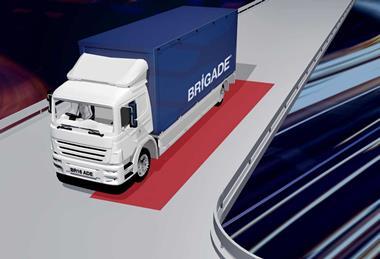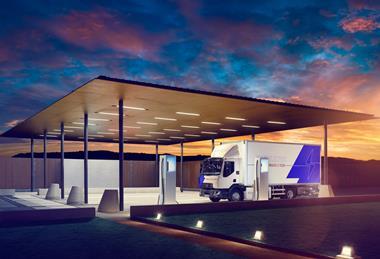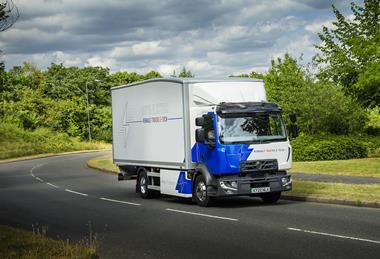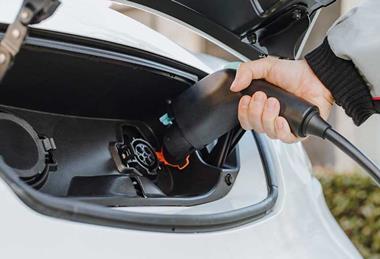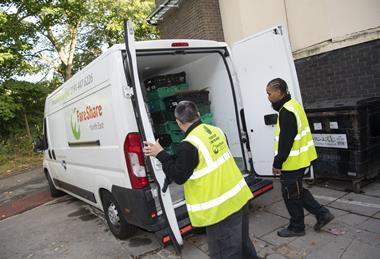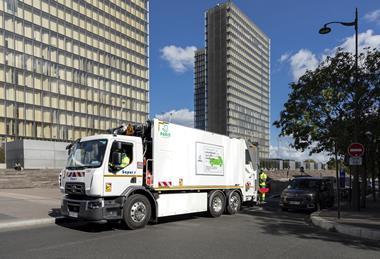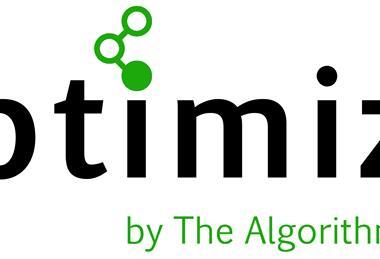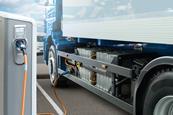Top story
eHGV uptake surges 170% as market downturn masks early electrification shift
Battery-electric truck demand accelerated sharply in 2025, even as the wider HGV market contracted amid economic headwinds.
Operations news
Pallet pooler IPP goes electric to cut 145 tonnes of CO2 emissions annually
Pallet pooling specialist IPP has saved more than 145 tonnes of CO₂ emissions annually – the equivalent of 700,000 miles of driving – by switching its company vehicles to electric.
eHGV uptake surges 170% as market downturn masks early electrification shift
Battery-electric truck demand accelerated sharply in 2025, even as the wider HGV market contracted amid economic headwinds.
Law Distribution accelerates decarbonisation with full fleet renewal and first electric truck
Family-owned haulier Law Distribution has signalled a major step towards lower-carbon operations after committing to a full renewal of its artic fleet — including the introduction of its first battery-electric truck.
Mercedes eActros 600 completes 8,000km Arctic EV challenge
Mercedes-Benz Trucks’ battery-electric eActros 600 has finished an 8,000km midwinter drive to Norway’s North Cape, becoming the first heavy truck to take part in the annual eNordkapp Challenge for electric vehicles.
Energy news
Freight electrification on collision course with energy planning
The UK freight sector is being overlooked in national and regional energy planning despite facing some of the highest electricity demands of any industry, Logistics UK has warned.
EU carbon border tax review could ease electricity costs for UK fleets
The European Union is exploring changes to its Carbon Border Adjustment Mechanism (CBAM) that could avoid pushing up electricity prices in the UK, according to Argus Media.
Hydrogen transport by tube trailers needs ‘strict leakage mitigation’
Hydrogen should only be deployed with “strict leakage mitigation measures”, the Green Alliance has warned, after a new report found significantly higher leakage from road and rail transport than from pipelines — a key issue as the hydrogen market develops.
Cadent suspends development consent application for key hydrogen pipeline
Gas network Cadent has paused plans to seek development consent to build a key pipeline to transport hydrogen across the North West.
Must read
Manufacturers urged to be ready to beat new competitors when electric re-fleeting takes off
By 2034, the electric HGV market will be larger than that of the fossil-fuelled market and bus and truck makers “need to position themselves now as leaders of the transition to electric buses and trucks with a pragmatic ‘re-fleeting’ strategy” according to a new analysis. The change will position e-truck ...
Iveco offers multiple routes for fleets’ decarbonisation journey
Continuing its open minded approach to decarbonisation, Iveco is committed to offering multiple fuel solutions to help operators find the right powertrains to work for their business. To get an update on where Iveco is with its product line up and future decarbonisation plans, Freight Carbon Zero caught up with ...
‘Game-changing’ partnership between Milence and Paua set to advance eHGV charging
Fleet charging network Paua has partnered with Milence in order to integrate its high-power charging network for electric lorries into its platform.
Insights
“This changes everything” - megawatt charging for long-haul passes the test
Kempower used its MCS Live Winter Days event in Norrköping, Sweden for megawatt testing of Volvo, MAN and Scania trucks. The results show heavy-duty electric HGVs are ready for real-world operations
Hydrogen a viable option in a future multi-fuel zero carbon landscape
The HydraB group is targeting hydrogen pricing of £8/kg to 9/kg to achieve total cost of ownership parity with diesel equivalents, as CEO Harry Bowcott explains how an integrated approach across vehicle manufacturing, fuel production and infrastructure can simplify hydrogen adoption for fleet operators.
Electricity connection: should you take the independent option?
Vattenfall IDNO is one of several independent companies that offer an alternative to incumbent electricity networks. FCZ spoke to business development manager Suzanna Lashford about what such companies have to offer
Operators willing to electrify but lack of charging holding them back says Logistics UK
Lamech Solomon has been Logistics UK’s head of decarbonisation policy since May 2025, and his CV includes almost two years at the Department for Business, Energy and Industrial Strategy (BEIS).
Viewpoints
Why the smart money might be on hydrogen combustion for heavy fleet decarbonisation
Fleet operators face a decarbonisation challenge that requires different solutions for different applications. Range demands. Payload considerations. Refuelling infrastructure. Operating environments.
Lack of technicians not vehicles or chargers holding back EV adoption
The EV revolution isn’t being stalled by batteries, infrastructure, or regulation: it’s being stalled by a lack of skilled technicians.
Scope 3 goes legal: contracts demand carbon clarity
In UK transport and logistics, the rules of the game have changed. Winning contracts is no longer just about moving goods faster or cheaper, it’s about moving them cleaner. That’s because large customers and supply chain partners increasingly expect environmental performance to be as robust as operational performance. Sustainability has ...
Supporting the drive to decarbonisation: what’s right for your fleet?
For decarbonising HGV fleets, both electrification and hydrogen fuel present viable pathways to achieving zero emissions. The suitability of each depends on factors like fleet size, range requirements, and operating conditions.


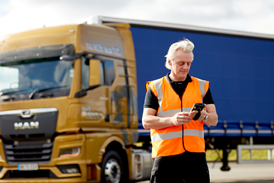
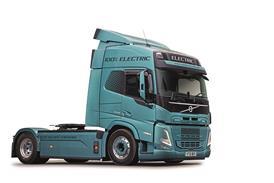
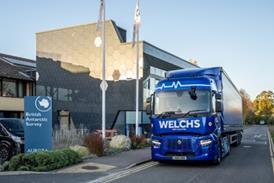
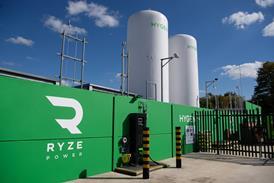
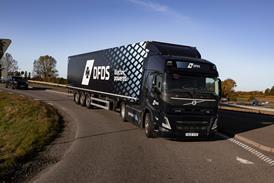
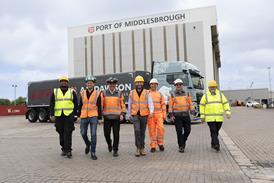
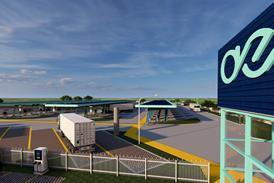
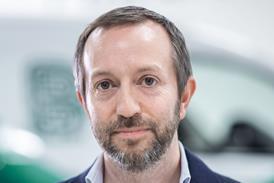


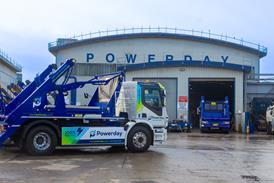
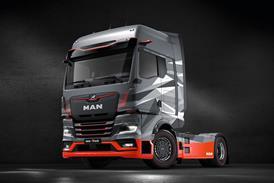
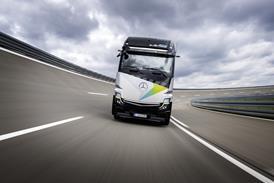
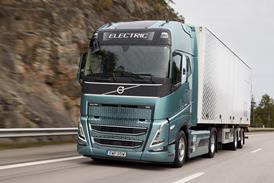
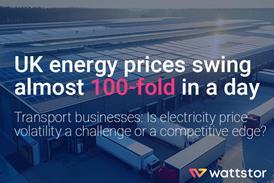
![Mercedes-Benz_eActros_600_(1)[1]](https://d2cohhpa0jt4tw.cloudfront.net/Pictures/274x183/8/1/8/17818_mercedesbenz_eactros_600_11_556244.jpg)

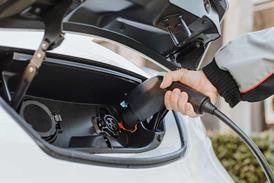

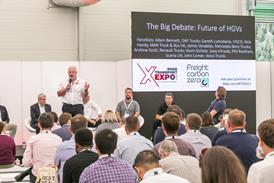
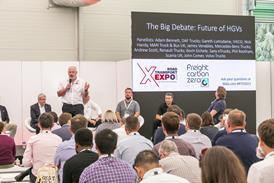
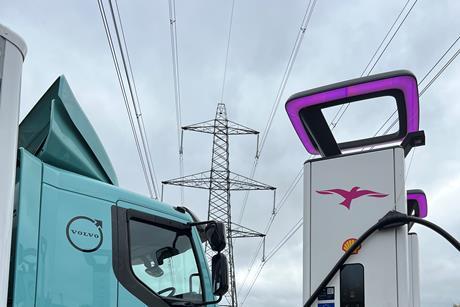
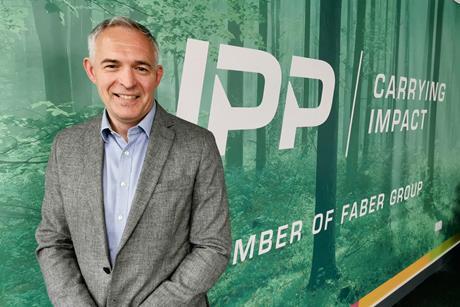
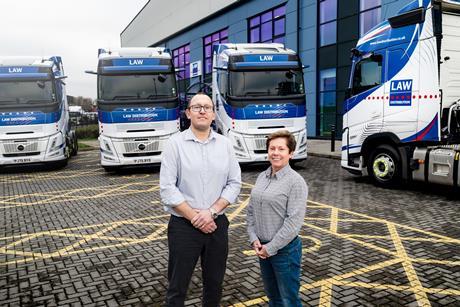
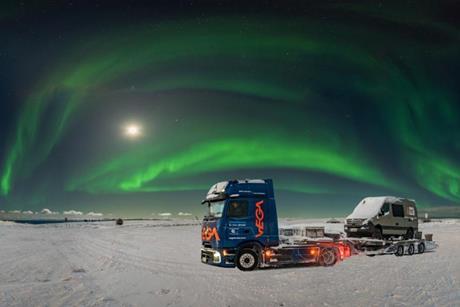
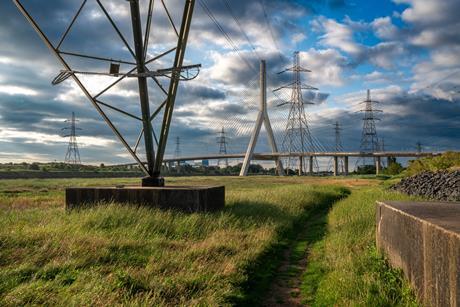
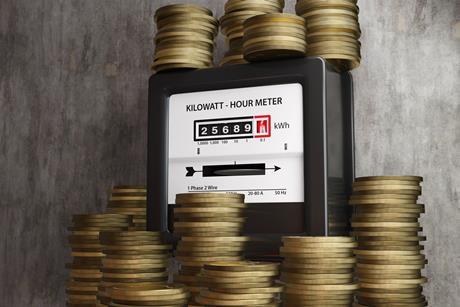
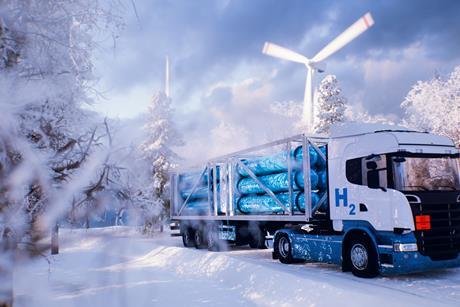
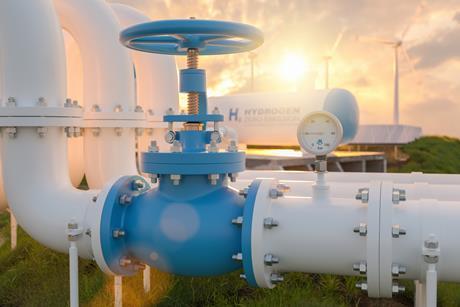

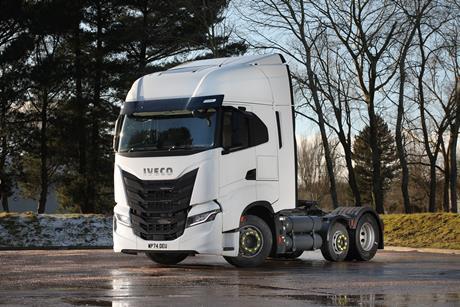
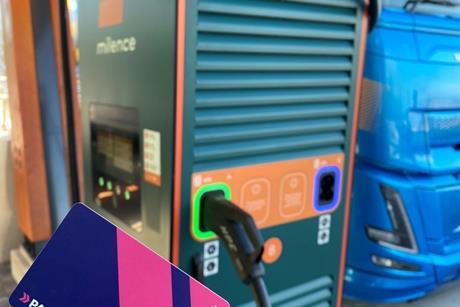
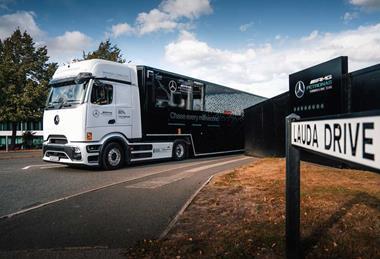
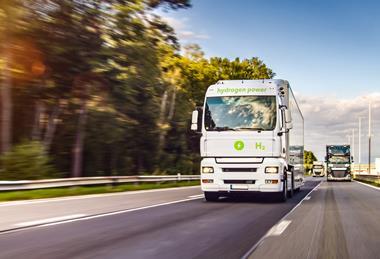

![Mercedes-Benz_eActros_600_(1)[1]](https://d2cohhpa0jt4tw.cloudfront.net/Pictures/380x259/8/1/8/17818_mercedesbenz_eactros_600_11_556244.jpg)


